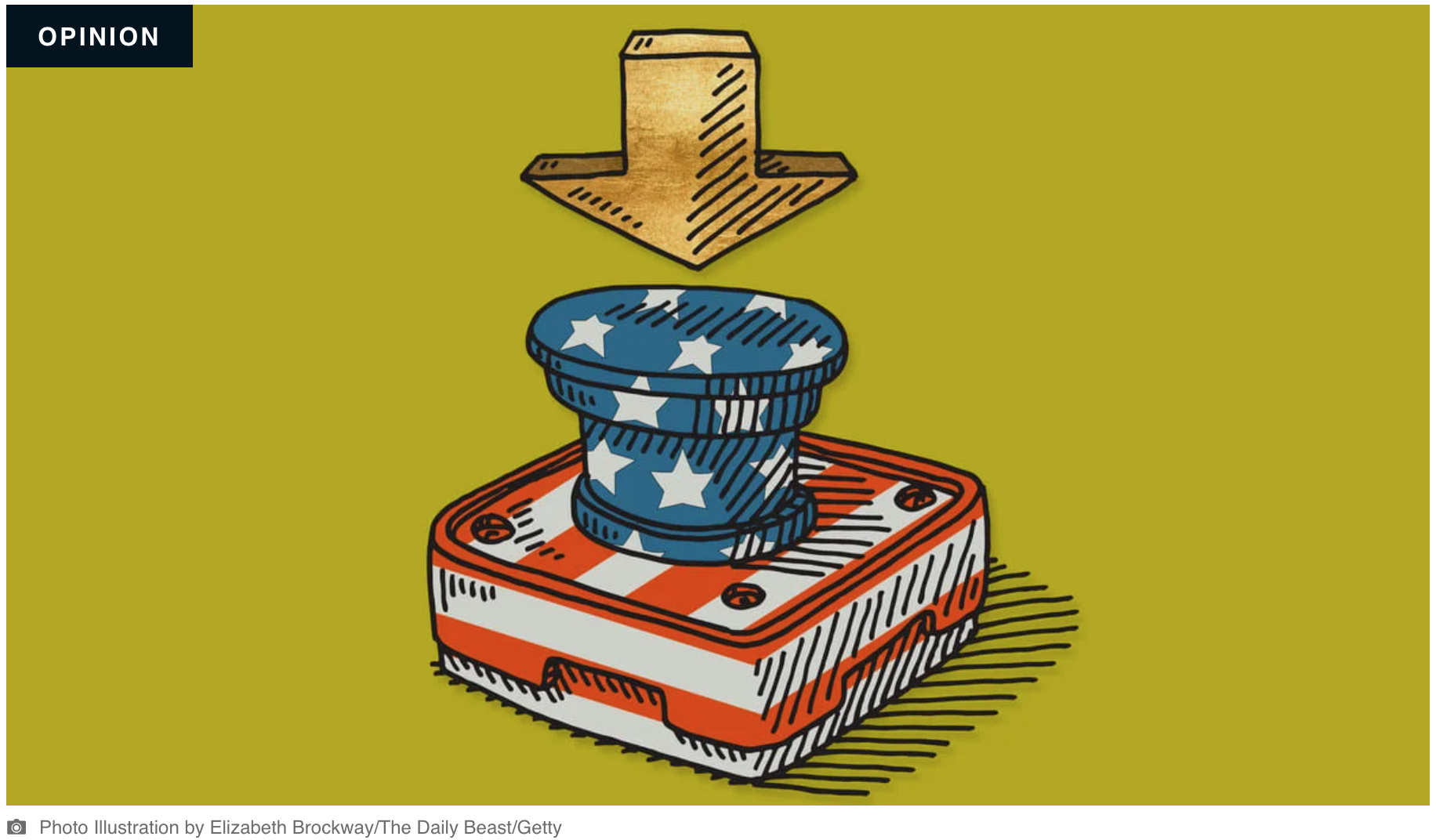Today, we are broken. Beyond the acute levels of hardship and loss that the global pandemic, ensuing economic crisis, and spike in outrage over racial injustice are bringing, they are also laying bare a host of deep fissures and fragilities within American society. Chief among them are the extraordinary difficulties we are facing in coming together as a nation to effectively address these—and many other—existential challenges. Even on the issues with strong bipartisan support like raising taxes on the ultra-wealthy, background checks for gun purchases, and the need for Medicare to be able to negotiate lower drug prices, we can’t come together enough to deliver. We are a house divided.
Of course, political polarization is not inherently a bad thing—it can make for a more engaged electorate and better policy-making by helping to mitigate the perverse effects of groupthink and oppressive single-party rule. Yet, the extreme levels of affective polarization and partisan contempt we are suffering have become pathological. It has resulted in a preponderance of negative partisanship, where Americans largely mobilize against the other party rather than aligning with their own. Today, when asked to imagine a loss of the presidency in 2020, 18 percent of Democrats and 13 percent of Republicans say they would support partisan violence. This suggests that the incidents of rioting that have recently taken place are perhaps a harbinger of things to come.
Read the full article published in The Daily Beast here
